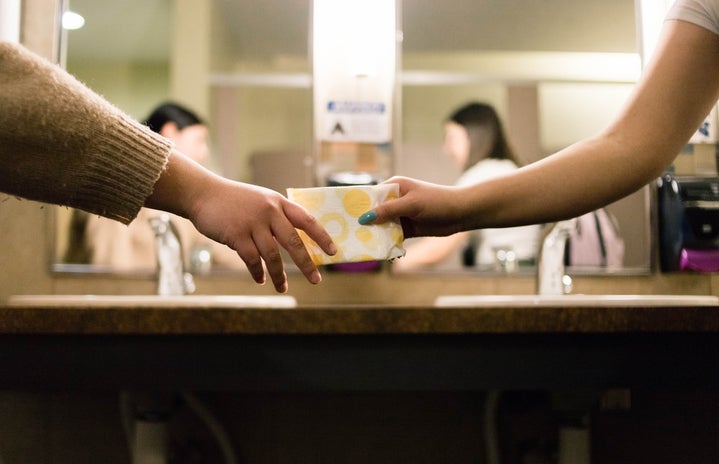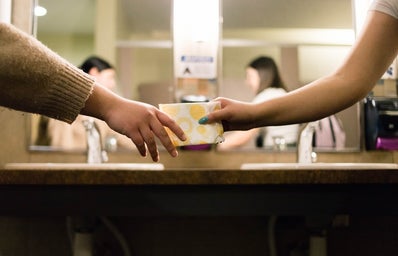Period poverty is inadequate access to menstrual hygiene tools and education. Such tools could be period pads, menstrual cups, and the management to limit waste. Many of us know of, and may have experienced this issue that is sadly too common. More than 13,700 girls in the UK have missed school because they cannot afford sanitary products. This figure is sadly too high, even though there are projects, interventions, and campaigns put in place to try to limit this. When a cycle that occurs naturally becomes too expensive to manage, women must resort to other options. This should not be the case. Menstrual products should be free. Periods are not by choice, but by nature. Many young girls miss school due to lack of accessibility to period products, and this is issue extends to women missing work, or other activities like sports.
Menstrual products used to have value-added tax (VAT), despite it being a necessity. This would mean that menstrual products are part of the pink tax, a tax where products especially marketed towards women are more expensive than products marketed towards men. Some of these products are noted to be deodorant, razors, and clothing. As women are deemed to be more frequent purchasers than men, businesses see this as allowing them to increase their profit, by taking advantage of women’s insecurities, idealised beauty standards, and needs. They tend to ignore that many don’t have endless money to spend, and have different priorities, such as buying bread, menstrual products, or vegetables for themselves and their loved ones.
When you are forced to choose between buying menstrual products and something just as important as toilet paper, such a decision does not have an opportunity cost, as you are not better off with either decision. Yet these decisions must be made by women across the globe when they do not have enough to spend. In the UK, the tampon tax was abolished in 2021, but this doesn’t mean that sanitary products are consequentially made more affordable. This may be a step toward reducing period poverty in the UK, but there has been no structural change to ensure that cases of women not being able to afford or have access to menstrual products, decreases.
So what can we do to solve it? Well first, being aware is key. There are several platforms to be educated on the matter of period poverty; at UoN we have UON Once a month, Empower Nottingham, and Project Period. Bringing light to the problem and putting on workshops, is a great way to spread the word around students. Secondly, carrying a spare pad or tampon is so helpful to others! A friend in need is a friend indeed – You never know when you don’t have enough money to buy sanitary products, or when they’ll be unavailable to another. Thirdly, donating to charities such as Bloody Good Period is always a great idea since you are helping women in a national and potentially international manner. These initiatives are ideal since governments and prominent organisations do not see period poverty at the forefront of their priorities, so solutions to period based inequalities are placed more into our hands.


